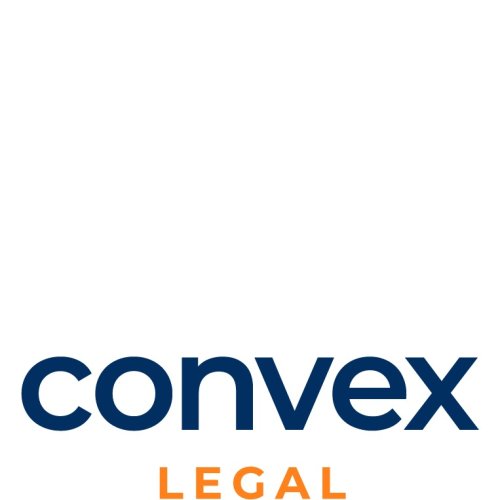Best Employer Lawyers in Wellington
Share your needs with us, get contacted by law firms.
Free. Takes 2 min.
List of the best lawyers in Wellington, New Zealand
About Employer Law in Wellington, New Zealand
Employer law in Wellington, New Zealand operates under the national NZ jurisdiction. It encompasses all relevant law that guides the relationship between employers and their employees. The law regulates a wide variety of topics including employment contracts, wage, working hours, discrimination, employee safety, and more. It is designed to protect the rights of both the employees and the employer.
Why You May Need a Lawyer
There are several reasons why individuals or businesses may need an employer lawyer. These include situations such as contract negotiations or disputes, employment-related lawsuits, terminations and redundancies, workplace health and safety matters as well as disciplinary proceedings. An experienced lawyer can provide the necessary legal guidance and representation in such matters, ensuring you are in compliance with all relevant New Zealand laws.
Local Laws Overview
Key aspects of local laws relevant to employers in Wellington include the Employment Relations Act 2000, the Holidays Act 2003, the Health and Safety at Work Act 2015, and various other regulations. These laws dictate the minimum rights and responsibilities of both employees and employers relating to wages, conditions, holidays, rest breaks, health and safety, and dispute resolution. Failure to comply with these laws can result in significant legal and financial penalties.
Frequently Asked Questions
What are the minimum wage requirements under New Zealand law?
As of 2021, the adult minimum wage in New Zealand is NZD $20.00 per hour. This applies to all employees aged 16 and over, who are not trainees or starting-out workers.
What are the standard working hours defined by the law?
Under New Zealand law, the maximum number of work hours is typically 40 per week. However, there are exceptions and variations based on specific industry sectors and working agreements.
What rights does an employer have when it comes to terminating an employment contract?
An employer can terminate an employment agreement for certain valid reasons, including poor performance, serious misconduct, or redundancy. However, correct procedures must be followed, which can involve written warnings and a fair review process.
What are the health and safety obligations for employers?
Employers are required to provide a safe and healthy work environment for employees, contractors, and other workers under the Health and Safety at Work Act 2015. This involves identifying potential risks, implementing safety measures, and adequately training staff about such risks.
What constitutes discrimination in the workplace, and what laws protect against it?
Discrimination in the workplace can be based on race, sex, religious beliefs, marital status, sexual orientation, or disability, among other factors. The Human Rights Act 1993 provides protection against such discrimination.
Additional Resources
The New Zealand Ministry of Business, Innovation and Employment (MBIE) is the main governmental body that provides detailed information about employer and employee rights and obligations. The Employment New Zealand website is also an excellent resource for full and up-to-date information on the ins and outs of employment law.
Next Steps
If you need legal assistance in employer law matters, consider consulting with a specialized employment lawyer in Wellington. They can provide expert advice about your specific situation, help you understand your rights and responsibilities, and guide you through any procedures or legal processes required. Ensure you thoroughly investigate any legal representatives before making a decision, to ensure they are reputable, experienced, and hold the appropriate licensing and certifications.
Lawzana helps you find the best lawyers and law firms in Wellington through a curated and pre-screened list of qualified legal professionals. Our platform offers rankings and detailed profiles of attorneys and law firms, allowing you to compare based on practice areas, including Employer, experience, and client feedback.
Each profile includes a description of the firm's areas of practice, client reviews, team members and partners, year of establishment, spoken languages, office locations, contact information, social media presence, and any published articles or resources. Most firms on our platform speak English and are experienced in both local and international legal matters.
Get a quote from top-rated law firms in Wellington, New Zealand — quickly, securely, and without unnecessary hassle.
Disclaimer:
The information provided on this page is for general informational purposes only and does not constitute legal advice. While we strive to ensure the accuracy and relevance of the content, legal information may change over time, and interpretations of the law can vary. You should always consult with a qualified legal professional for advice specific to your situation.
We disclaim all liability for actions taken or not taken based on the content of this page. If you believe any information is incorrect or outdated, please contact us, and we will review and update it where appropriate.

















